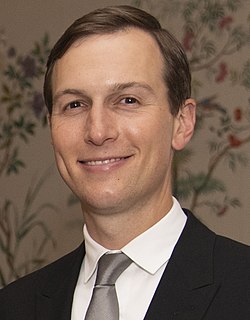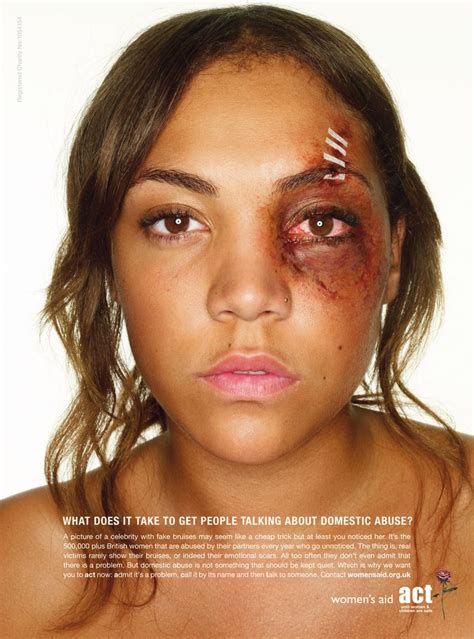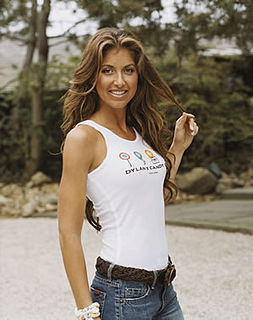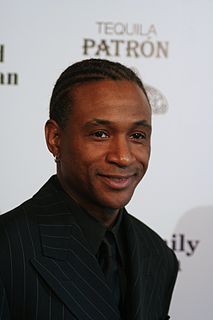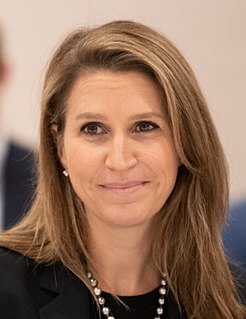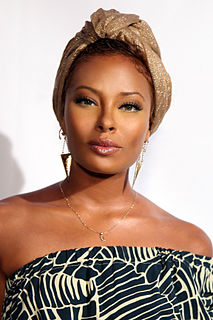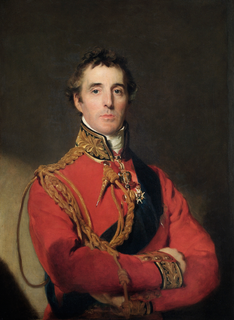A Quote by Edmund Phelps
You have little representation of young black men in the business sector, so you have children growing up in disadvantaged neighborhoods who don't hear discussions at the dinner table about what goes on in business. It's almost as if we have two nations.
Related Quotes
My family was in two businesses - they were in the textile business, and they were in the candy business. The conversations around the dinner table were all about the factory floor and how many machines were running and what was happening in the business. I grew up very engaged in manufacturing and as part of a family business.
children are an embarrassment to a business civilization. A business society needs children for the same reason that a nomadic or a pastoral society needs them - to perpetuate itself. Unfortunately, however, children are of no use to a business society until they have almost reached physical maturity.
At the dinner table when I was very little, I would hear people bickering... To escape the bickering, I started modelling the soft bread with my fingers. With the dough of the French bread %u2013 sometimes it was still warm %u2013 I would make little figures. And I would line them up on the table and this was really my first sculpture.


